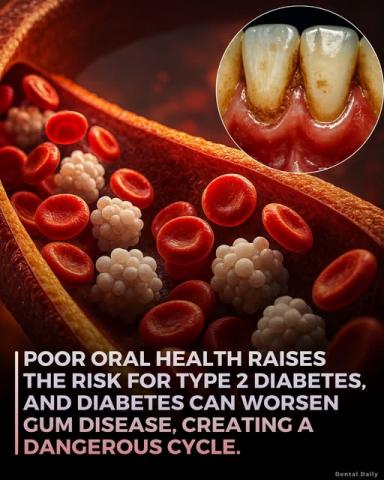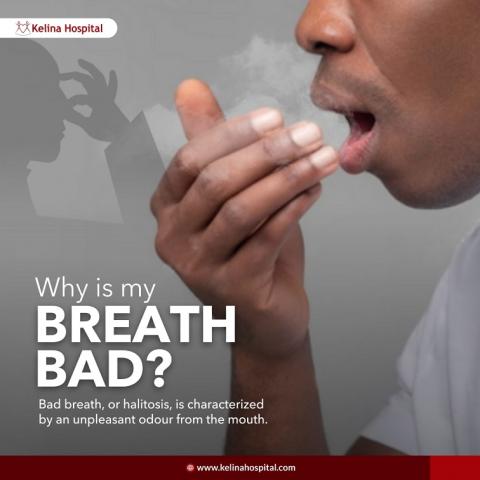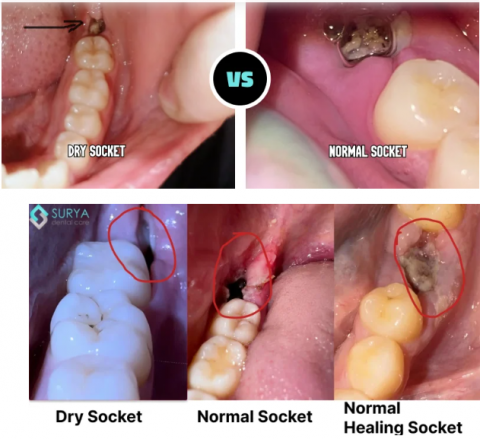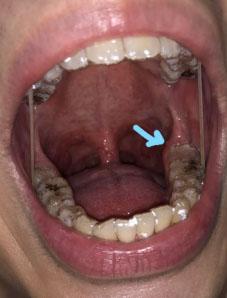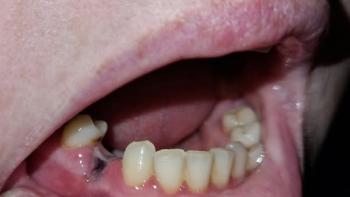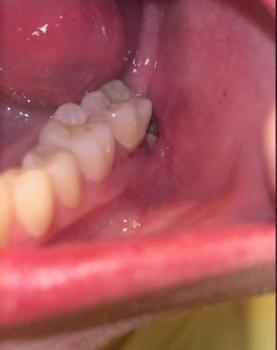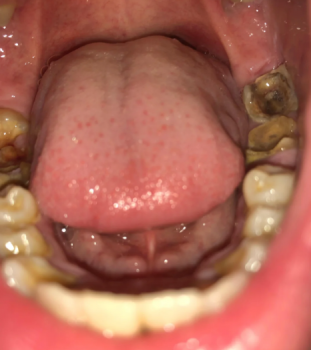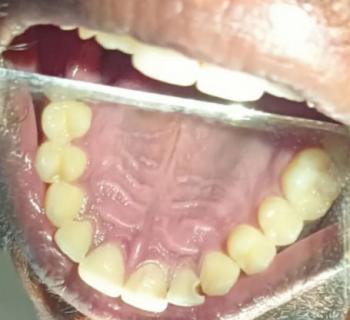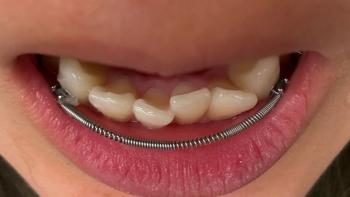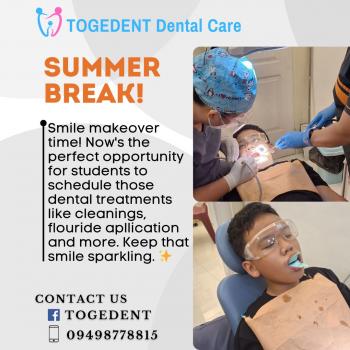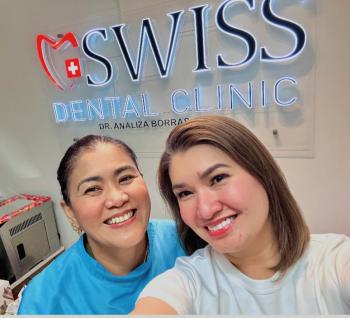Kamunggay: Ang Libre at Walang Kasing-Power na Superfood na Nasa Pinas Lang Pala
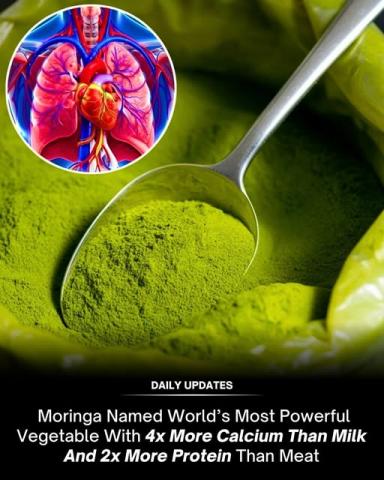
Kamunggay: Ang "Secret Weapon" Para Sa Mabuting Kalusugan Na Nasa Bakuran Mo Lang
Kumusta, mga kapwa Pilipino!
Alam n'yo ba na habang tayo'y abalang-abala sa paghahanap ng "instant" at "maginhawa" na pagkain, may isang superhero na gulay na literal na tumutubo sa ating mga bakuran, kalye, at bukid — nang walang tigil, sa init man o ulan, buong taon?
Ito ang Kamunggay (o Moringa), ang dahong hindi lang pang-sinabawang gulay, kundi isang likas na multivitamin.


